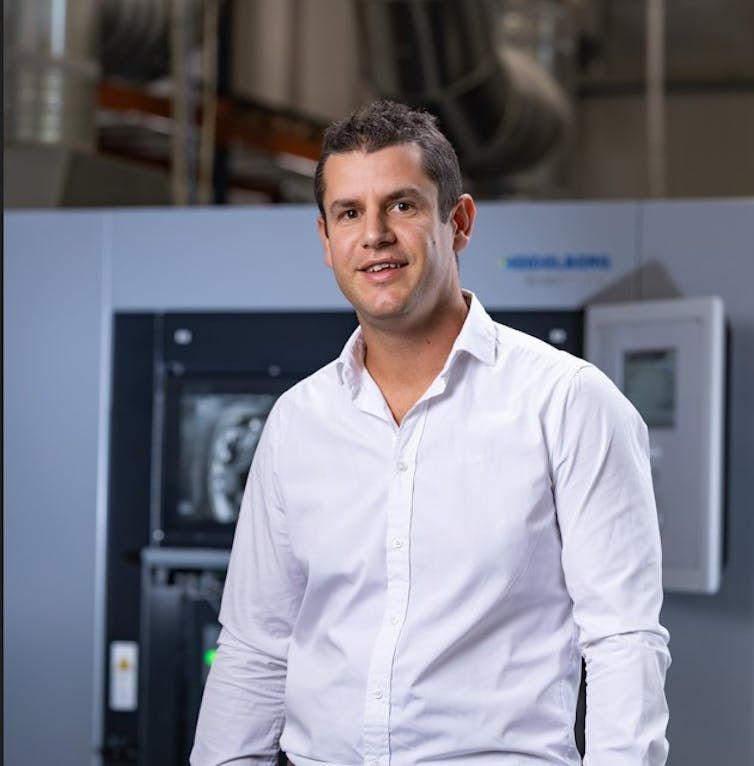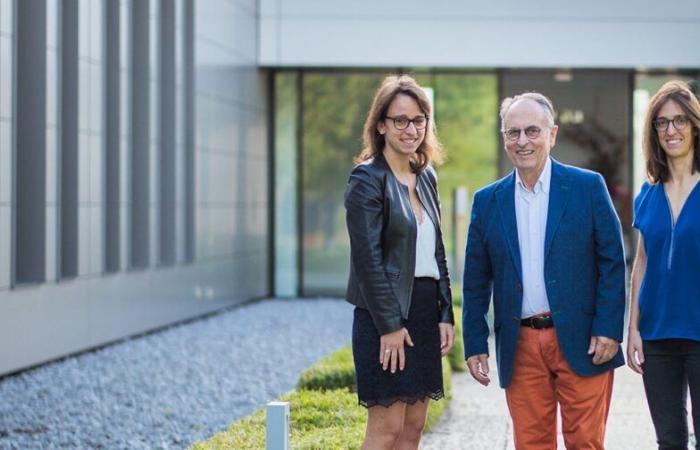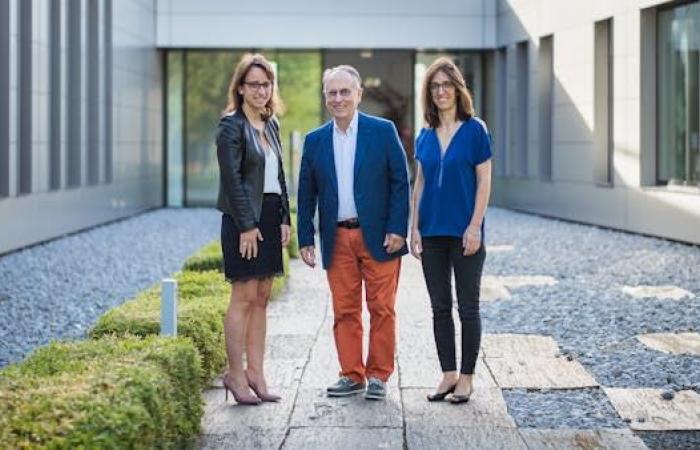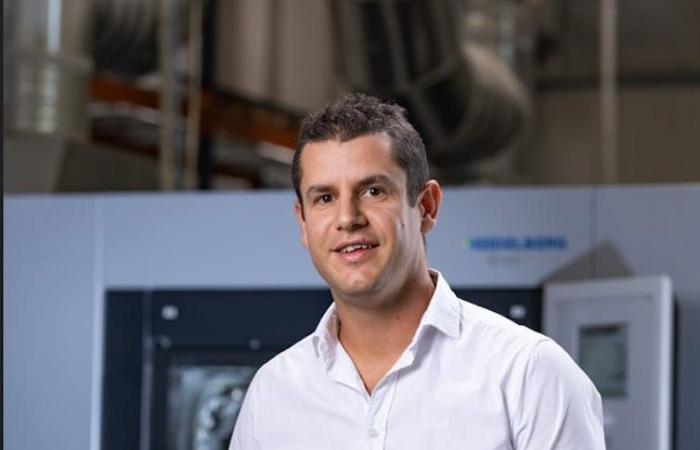Half of family businesses will be passed on in the next ten years. The stakes are high. This article puts the spotlight on this thorny issue of takeover by a third party. To resume is to create?
In the next ten years, 400,000 companies should be taken over and 25% of French managers are over 60 years old. There is urgency, as the recovery market is playing yo-yo. After a year 2023 that professionals have described asa terrible yearthe first months of 2024 were more encouraging. The growth in the number of completed transactions is of the order of 5 to 10%. The segment of family businesses valued between 5 and 10 million euros is the one that has resisted the best.
Profile of the transferor: 55 years old and average experience of 20 years at the head of their company
In France, 83% of businesses are family-owned, a third of which are VSEs, SMEs and ETIs. Within 10 years, 50% of these family businesses will have been passed on due to the demographics of their manager. However, they represent 60% of the GNP in France and constitute a vital element of our innovation ecosystem. The case of family SMEs is particularly interesting to highlight.
Subscribe today!
Whether you are managers looking for strategies or employees wondering about the choices of their hierarchy, receive our thematic newsletter “Company(s)”: the keys to research for professional life and advice from our experts.
A BPIFrance le lab 2023 survey was carried out among 2,233 managers of family SMEs. It reveals that 70% have been at the head of their business for more than ten years – including 39% more than 20 years and 17% less than 5 years, much more than in non-family businesses. In 2024, the typical profile of the business transferor is characterized by an average age of 55 years and an average experience of 20 years at the head of their company.
10 ans the least to pass on your business
For the manager of a family SME, worrying about the transfer of his business in the year before retirement means maximizing the risk of failure. The transfer of the company takes at least ten years. It cannot be considered as a hot operation but as an act of strategic and forward-looking management.
Its implementation involves a fairly long process which can extend over several years. It contributes to the transfer of both management – managerial transfer – and that of ownership – patrimonial transfer. The latter operates from the current owner manager – transferor – to a buyer internal or external to the family. It has four phases:
-
1ere Phase: initialization: determination of objectives, participants, roles and processes,
-
2e Phase: choice of succession option and integration of the buyer: guarantee of room for maneuver via intra-family and extra-family options. Review of corporate and financing structure; preparation of the buyer,
-
3e Phase: Joint management: gradual transfer of know-how and familiarity. Acquisition of its legitimacy by the buyer,
-
4e Phase: Disengagement of the seller: Formal and symbolic transfer of power to the buyer.
Profile of the buyer: continuity or change in leadership
Buyers have different profiles, each with their own motivations and takeover strategies. They can be internal to the acquired company
Based on a study carried out in 2016, we propose the following typology of buyers of family SMEs. Buyers who are part of the change in terms of leadership, governance and strategy. The buyers who are part of the continuity.
Case study: Anne-Sophie Catherineau, representative of the 8th generation of her company
A company created in 1750, the Catherineau company designs and manufactures tailor-made interior fittings for planes and yachts in composite and noble materials. In 2006, Anne-Sophie Catherineau joined the family business. In 2011, aged 30, representative of the eighth generation, she took over the reins of the family business by becoming general manager alongside her father Alain, who remained Chairman of the Board of Directors. She recalls that she “was only 14 years old when her father offered her to take over the company… I preferred to chart my own path first, I wanted to be independent, but also to bring real added value to the company. ‘business. »
Catherineau, Author provided (no reuse)
When he took over the company, family conflicts arose. In order not to cause a break in the family, the need to establish family governance was felt: a family charter was drawn up and a family council was set up. The new manager intends to continue the family adventure by giving it “a touch of modernity while keeping the essentials: the values of my Catholic family: honesty, respect for employees and customers”.
IGS printing house in Agen: a formerly commercial president
Imprimerie IGS in Agen, SAS after having been a SARL, today chaired by Romain Dubarry, aged 37. In 2009, Romain was 22 years old. He is recruited into the company as a salesperson. A year later, the 50-year-old manager asked him to take over the company. Conducted in an exemplary manner by the transferor, the transfer took place over nearly ten years, allowing Romain to find legitimacy among employees and to gradually take on the role of manager. A telephone interview with Romain on Monday December 30, 2024 made it possible to clarify and explain the conditions of the recovery.

Imprimerie IGS d’Agen, Author provided (no reuse)
The transferor carried out both the managerial transfer through joint management and the transfer of ownership. The latter was made possible by the implementation of a very original MBO which is based 90% on a seller’s loan and 10% on a bank loan. This rather rare arrangement demonstrates the trust of the seller in his young buyer. In 2023, he holds 75% of the shares and becomes the full manager of the company. He plans to open the capital to a few employees. An endearing personality, Romain is the father of two children. He told us that he discussed the company’s values with them, thus placing them in the possible chain of intergenerational transmission.
Two case studies. Two different and complementary examples of the profile of a buyer of a family business. Two ways to recreate your organization upon arrival.








